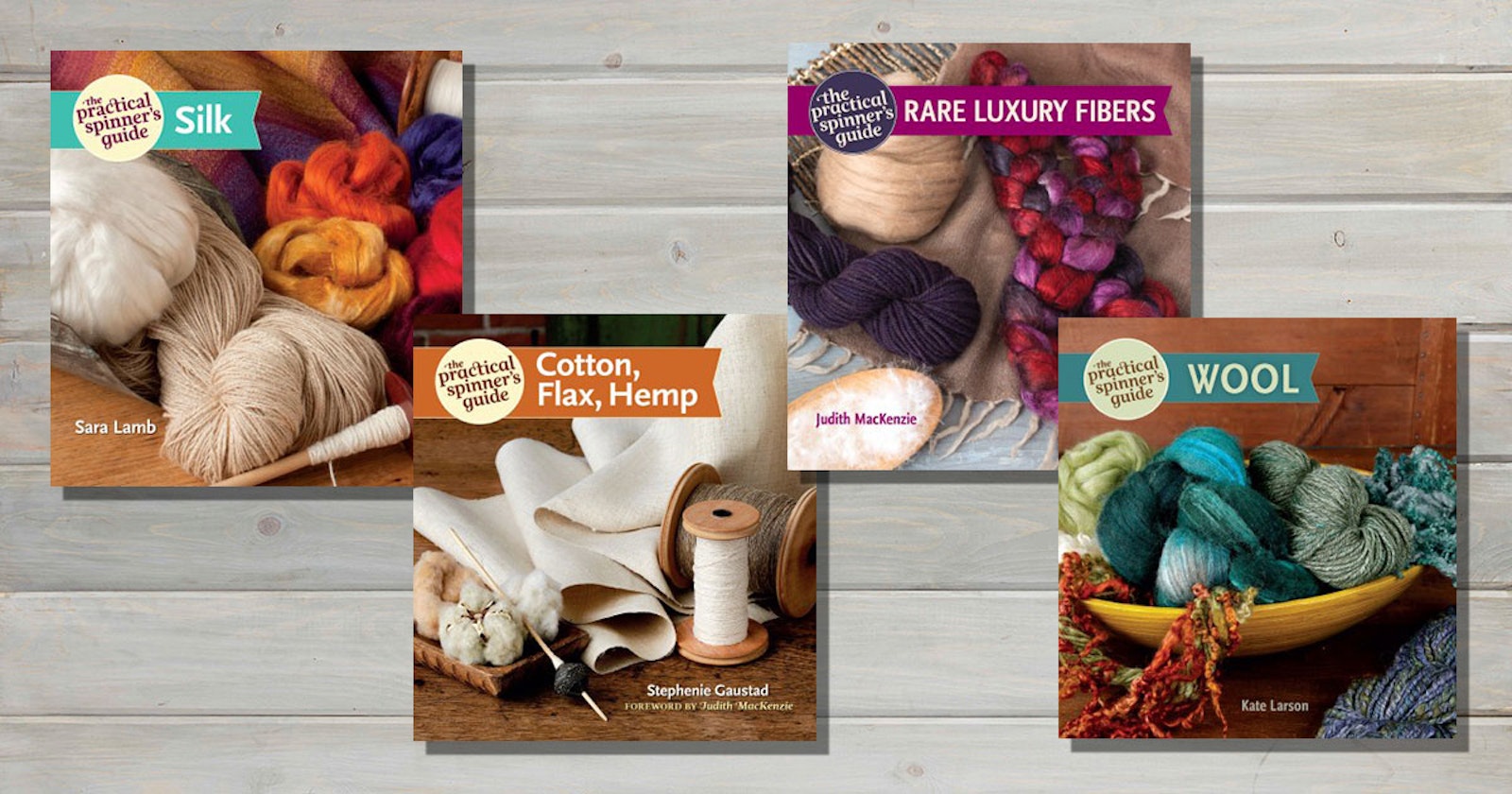Are you someone who always roots for the underdog? Who likes to support the little guy, or find the unappreciated hidden gem? I am, and that's why, when it comes to wool, I'm a fan of the Down breeds.
Many spinners stick to a fairly standard selection of wool: Merino, Bluefaced Leicester, maybe some Romney or Corriedale, perhaps a dalliance with Wensleydale or Cormo. The Down breeds fly under the radar--many spinners don't know that they exist, or if they do, they're not interested in trying them. But missing out on breeds such as Dorset or Suffolk is to miss out on some of the true workhorses of the spinning world.
The Down breeds are so named because of their origins in Southern England. Historically raised primarily for food and not fiber, these breeds are often referred to as “meat sheep.” But despite an origin story that doesn't focus on refining quality wool, the Down breeds have plenty to offer spinners: chunky staples, energetic springiness, a just-right (as Goldilocks would say) degree of fineness, and incredible resilience. I love “stout woolens”--things simultaneously beautiful and hardy--and Down breeds exemplify these traits. Wool from Down breeds and their Down-like cousins are perfect choices for hard-wearing items such as outerwear or blankets. Down wool is also resistant to felting, perfect for socks and other items that require longevity and frequent washing.
Down wools may not be as soft or as lustrous as other more popular fibers, but give them a chance and you'll find a hardy underdog just waiting for a chance to shine. A great place to start is Spin-Off's new Down and Related Breeds ebook. You'll find a great collection of info-packed articles, breed profiles, swatches, and yarn samples to introduce you to the hidden potential of the Down breeds. And I guarantee that once you learn about them, you'll have a new appreciation for these hidden gems of the fiber world.
Stefanie Berganini

